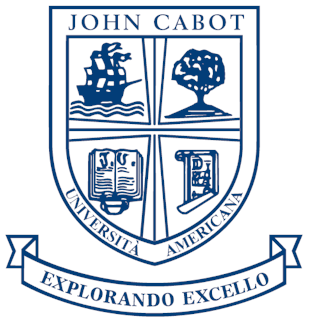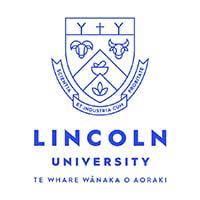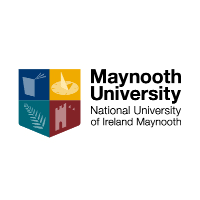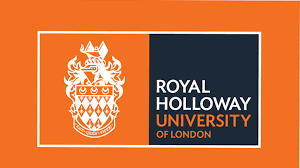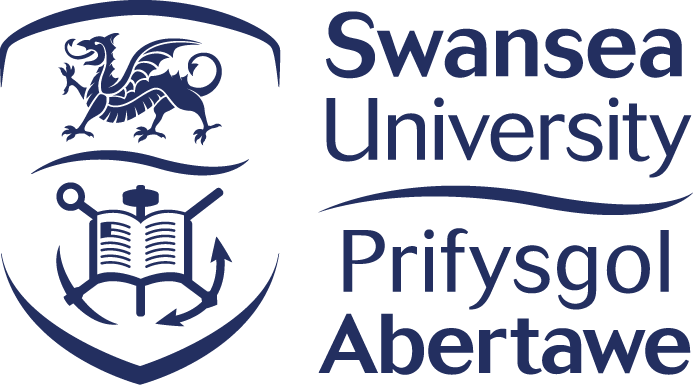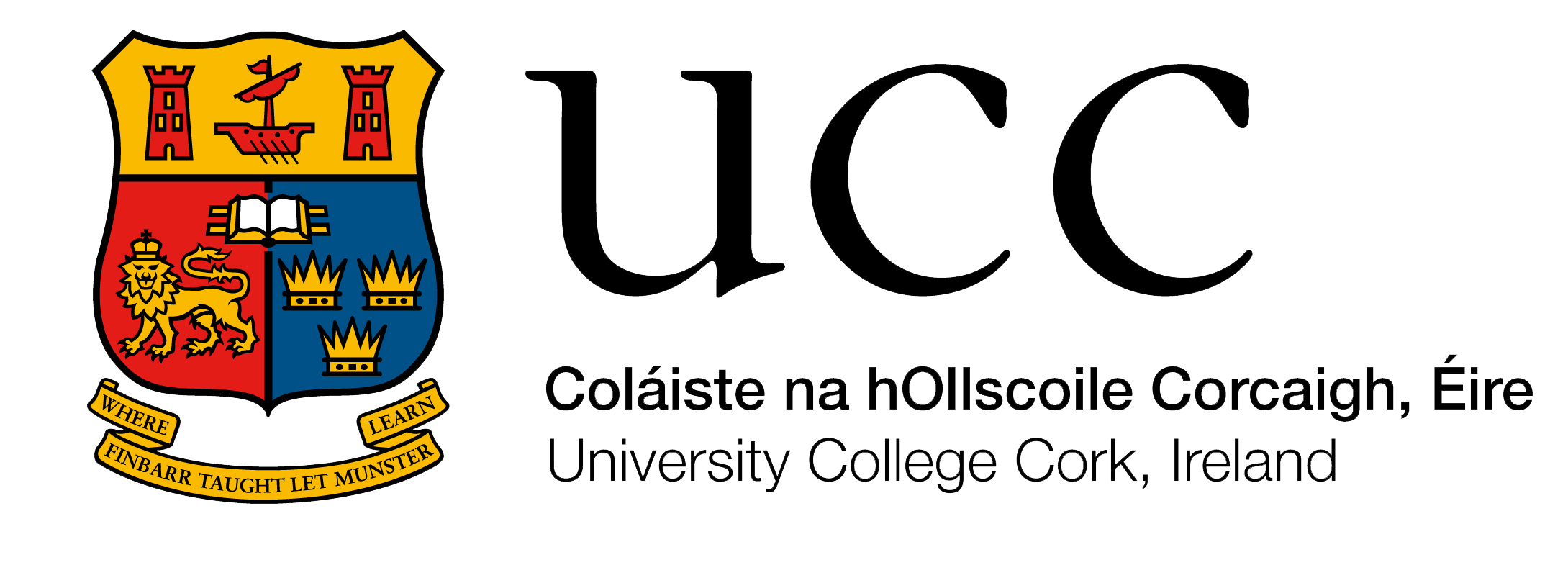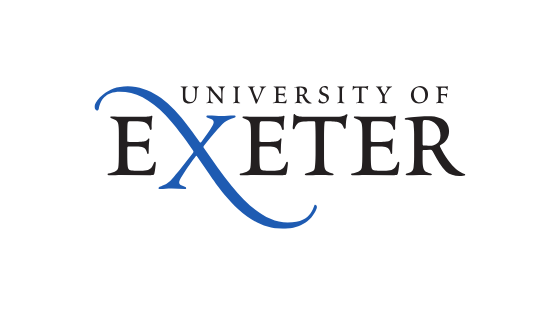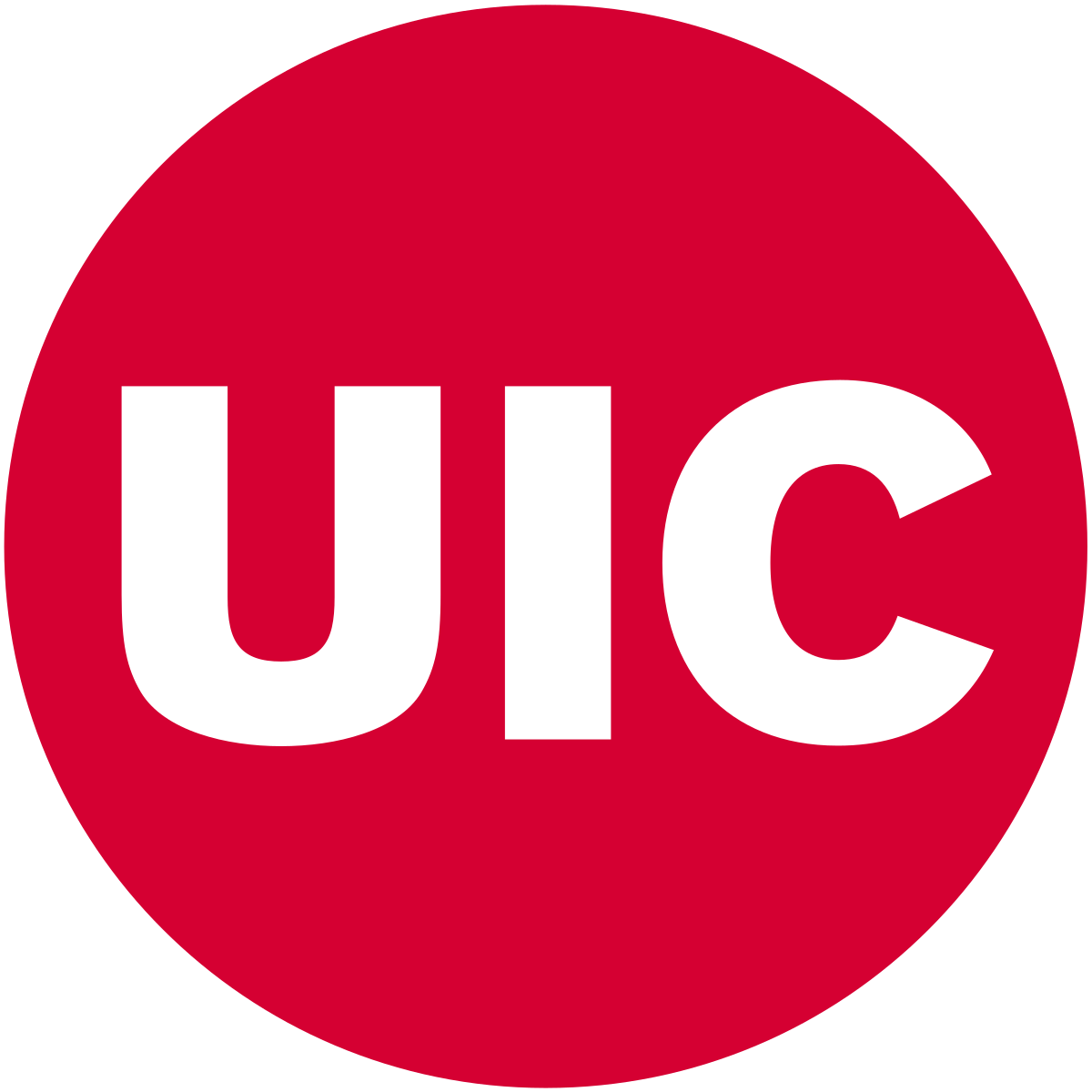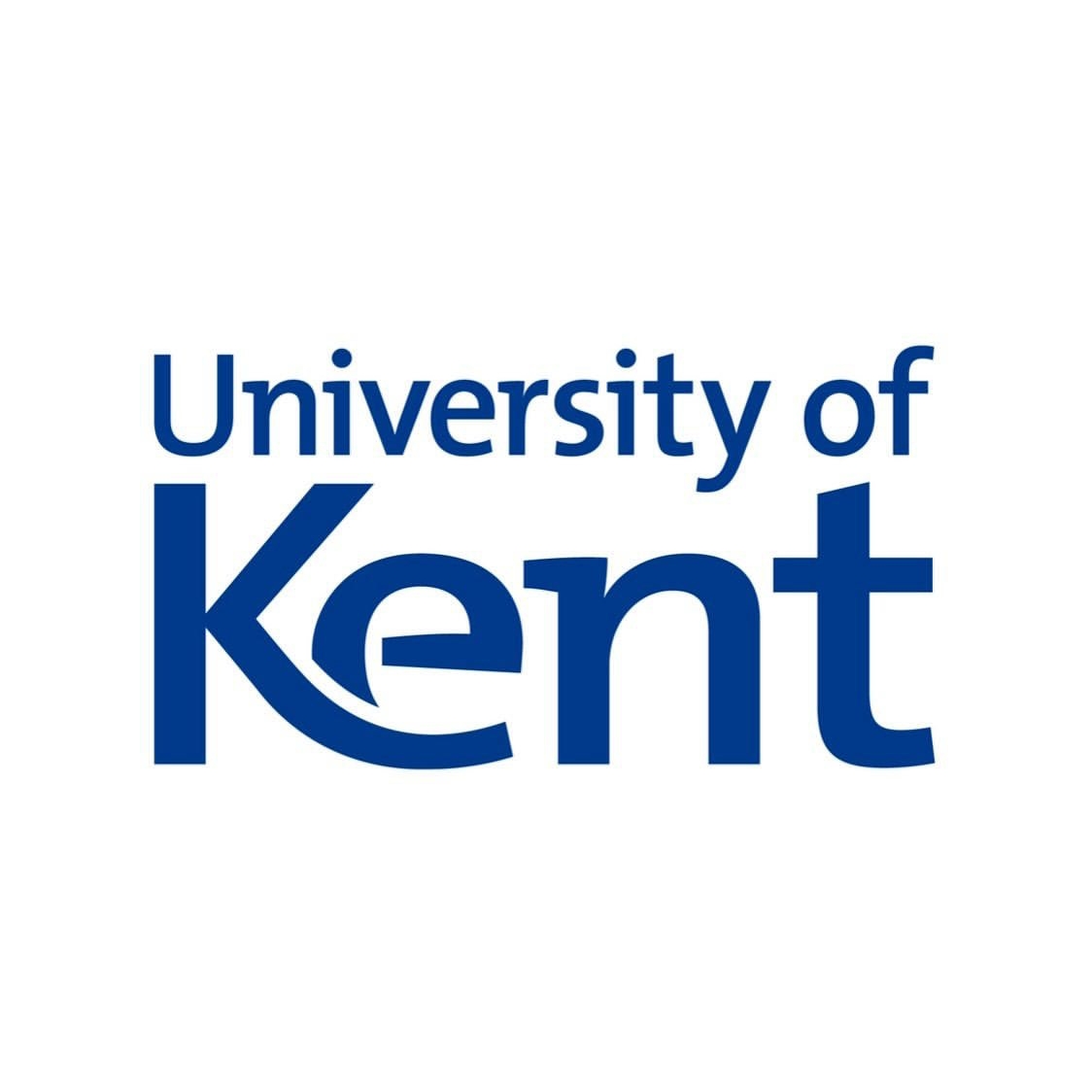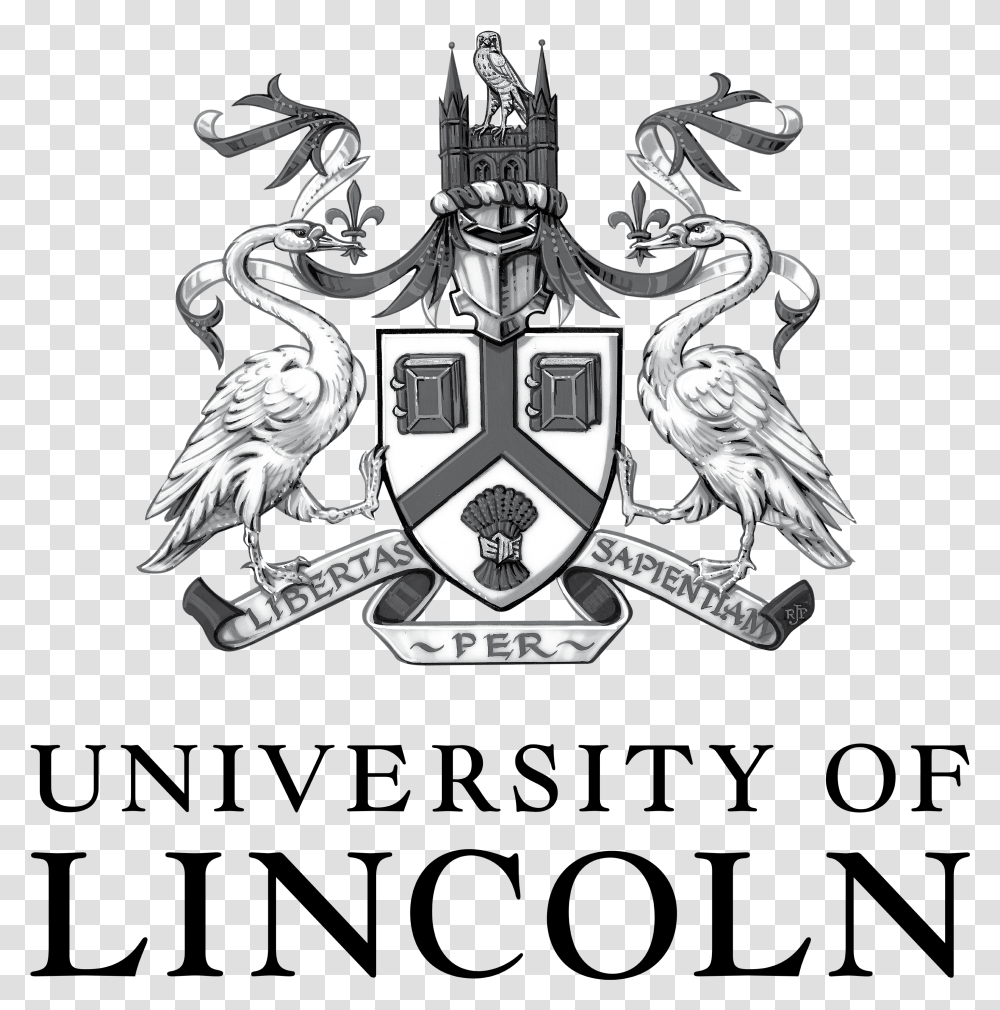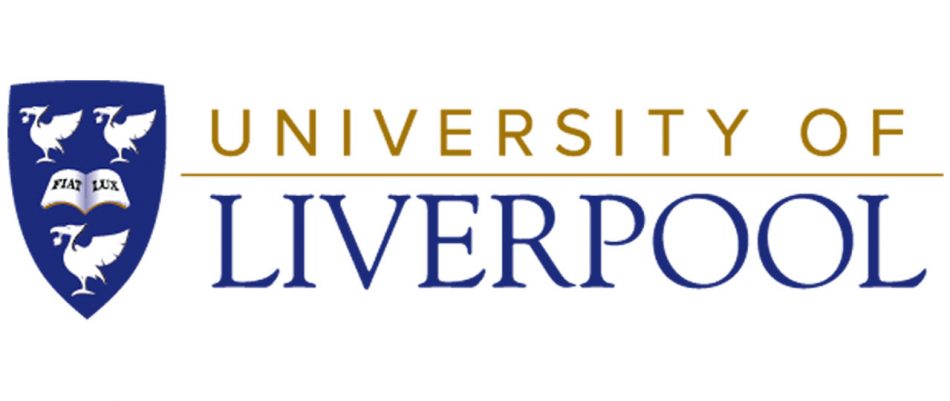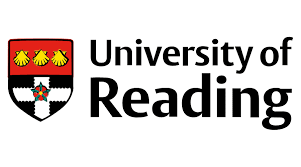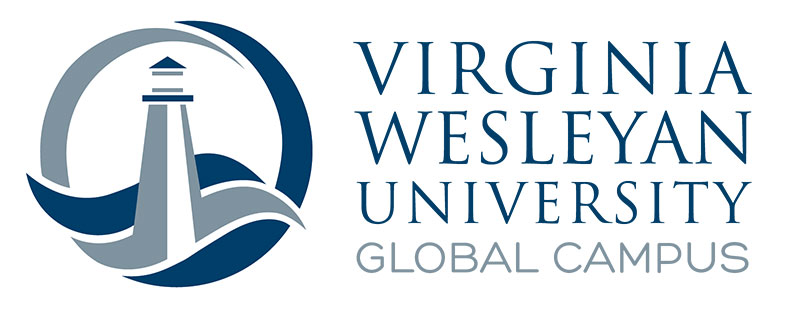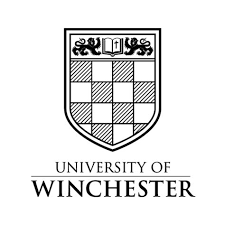Classical Studies
Embark on a Journey Through Time: Discover the World of Classical Studies Abroad
For Indian students aspiring to delve into the rich tapestry of ancient civilizations, Classical Studies offers an unparalleled opportunity to explore the foundations of Western culture, philosophy, and history. This interdisciplinary field bridges the ancient world of Greece and Rome with modern society, providing insights that are timeless and globally relevant. Studying Classical Studies abroad allows you to immerse yourself in historic sites, engage with world-renowned scholars, and gain a perspective that enhances your understanding of today's interconnected world. Whether you're passionate about mythology, ancient languages, or archaeological discoveries, this course equips you with critical thinking skills and cultural awareness essential for a global career.
India, with its own ancient heritage from the Indus Valley to Vedic traditions, shares philosophical and historical parallels with classical antiquity. Pursuing Classical Studies abroad not only broadens your horizons but also strengthens your appreciation for cross-cultural dialogues, making it an ideal choice for ambitious students from diverse backgrounds like yours.
What is Classical Studies?
Classical Studies, often referred to as Classics, is the academic discipline that examines the civilizations of ancient Greece and Rome. It encompasses a wide range of subjects, including literature, history, philosophy, art, archaeology, and linguistics. At its core, this field investigates how these ancient societies shaped language, governance, ethics, and aesthetics that continue to influence contemporary life.
Why does it matter today? From democratic principles inspired by Athens to Roman engineering marvels like aqueducts, the legacy of the classics permeates modern law, science, literature, and even Bollywood's epic narratives. For Indian students, connecting these elements can foster a deeper sense of global citizenship, drawing parallels between ancient Indian epics like the Mahabharata and Homeric tales.
The program typically spans undergraduate and postgraduate levels, with flexible modules allowing specialization in areas like Latin or Greek mythology. Universities abroad emphasize hands-on learning, such as field trips to ruins in Italy or Greece, which are inaccessible in India.
Why Choose Classical Studies Abroad as an Indian Student?
Studying abroad in Classical Studies offers unique advantages that go beyond traditional classroom learning. Here's why it's a transformative choice:
- Access to Primary Sources and Sites: Imagine walking through the Acropolis in Athens or the Colosseum in Rome—experiences that bring history alive. Indian students often find these immersive environments inspiring, bridging the gap between textbook knowledge and real-world application.
- Global Network and Diversity: Classrooms abroad are melting pots of cultures. As an Indian student, you'll collaborate with peers from Europe, America, and Asia, building international friendships and professional networks that can lead to opportunities back home or worldwide.
- Enhanced Employability: Employers value the analytical and research skills honed in Classics. In India's growing sectors like education, media, and diplomacy, a degree from abroad sets you apart.
- Cultural Enrichment: For students from India, where history is revered, Classical Studies abroad provides a comparative lens. It helps in understanding how ancient ideas influenced colonialism, trade routes, and even Indo-European languages.
- Personal Growth: Navigating life abroad builds resilience, independence, and adaptability—key traits for success in a competitive job market.
Moreover, with the rise of digital humanities, programs now incorporate technology, such as virtual reality reconstructions of ancient cities, making the field accessible and exciting for tech-savvy Indian youth.
Core Curriculum and Key Topics in Classical Studies
The curriculum in Classical Studies is designed to be comprehensive yet flexible, allowing students to tailor their studies to interests like literature or archaeology. A typical program includes foundational courses in the first year, followed by specialized modules. Below is an overview of key topics:
| Topic | Description | Relevance for Indian Students |
|---|---|---|
| Ancient Greek Language and Literature | Study of Homer's Iliad and Odyssey, Sophocles' tragedies, and Plato's dialogues. Includes translation and analysis. | Parallels with Sanskrit epics; enhances linguistic skills useful for competitive exams like UPSC. |
| Roman History and Empire | Exploration of the Republic, Empire expansion, and figures like Julius Caesar and Augustus. | Insights into imperial structures, comparable to ancient Indian kingdoms, aiding history enthusiasts. |
| Classical Philosophy | Key thinkers like Aristotle, Socrates, and Stoics; topics in ethics, metaphysics, and politics. | Connections to Indian philosophy (e.g., Nyaya school), fostering interdisciplinary thinking. |
| Archaeology and Material Culture | Excavation techniques, artifact analysis, and museum studies. | Hands-on skills transferable to India's archaeological sites like Harappa. |
| Mythology and Religion | Gods, heroes, and rituals in Greco-Roman traditions. | Comparative mythology with Hindu deities, enriching cultural studies. |
| Art and Architecture | From Parthenon sculptures to Pompeii frescoes; influence on Renaissance and modern design. | Inspires appreciation for Indian classical art forms like temple architecture. |
Advanced courses may include electives on gender in antiquity, classical reception in modern media (e.g., how myths appear in films), or digital mapping of ancient trade routes. Assessments blend essays, exams, and projects, with many programs offering study abroad exchanges within Europe for deeper immersion.
For Indian students, the curriculum's emphasis on critical analysis aligns well with the rigorous academic standards back home, preparing you for postgraduate pursuits or research.
Top Destinations for Studying Classical Studies Abroad
Choosing the right destination can make your study abroad experience unforgettable. Europe, being the cradle of classical civilization, dominates, but options in North America provide strong academic rigor. Here's a curated list of top spots:
- United Kingdom: Universities like Oxford and Cambridge offer prestigious Classics programs. Oxford's tutorials system allows one-on-one mentoring. Ideal for Indian students due to English-medium instruction and scholarships like the Rhodes.
- Greece: Athens' National and Kapodistrian University provides direct access to sites like Delphi. Affordable living and EU funding make it attractive.
- Italy: Rome's Sapienza University specializes in Roman archaeology. Field schools in Pompeii offer practical training, resonating with India's historical preservation efforts.
- United States: Harvard and Yale boast world-class libraries and museums. Programs often include internships at institutions like the Getty Villa.
- Australia: Universities like Sydney offer innovative courses blending Classics with Indigenous studies, appealing to multicultural Indian perspectives.
Visa processes for these countries are streamlined for Indian students, with many offering post-study work visas to gain experience.
Career Opportunities After Classical Studies
A degree in Classical Studies opens doors to diverse careers, leveraging skills in research, communication, and cultural analysis. Contrary to myths, Classics graduates are highly employable—studies show they outperform many peers in verbal reasoning and problem-solving.
- Academia and Research: Pursue PhDs for teaching or museum curation. In India, roles at institutions like the Asiatic Society await.
- Media and Publishing: Write for history channels, edit classical literature, or contribute to films—think scripting mythological adaptations.
- Diplomacy and International Relations: Understanding ancient politics aids in global affairs; Indian Foreign Service values such backgrounds.
- Heritage and Tourism: Work in conservation or tour guiding, especially with India's booming heritage tourism.
- Business and Law: Analytical skills suit corporate consulting, law firms, or even tech (e.g., UX design inspired by classical aesthetics).
- Education: Teach Classics in international schools or online platforms, bridging Indian and Western curricula.
Graduates often earn competitive salaries; for instance, UK Classics alumni average £30,000 starting pay, with higher prospects abroad. Networking through alumni associations can lead to internships at UNESCO or global NGOs.
Scholarships and Financial Aid for Indian Students
Funding your dream shouldn't be a barrier. Numerous scholarships target Indian students in humanities:
- Chevening Scholarships (UK): Fully funded for master's in Classics; focuses on leadership potential.
- Fulbright-Nehru (US): Covers tuition and living expenses for research-oriented programs.
- DAAD Scholarships (Germany): For exchanges in classical archaeology; includes stipends.
- Inlaks Shivdasani Foundation: Indian trust offering up to $100,000 for overseas studies in arts and humanities.
- University-Specific Aid: Oxford's Reach Oxford Scholarship for students from developing countries like India.
Apply early—deadlines often fall in September. Part-time jobs on campus, like tutoring ancient languages, can supplement income. Living costs vary: £10,000-15,000 annually in the UK, lower in Greece.
How to Get Started with Your Classical Studies Journey Abroad
Ready to apply? Follow these steps to make your transition smooth:
- Research Programs: Use platforms like our study abroad portal to compare universities, entry requirements (typically 60-70% in bachelor's for undergrad; GRE for some postgrad).
- Prepare Documents: Transcripts, SOP highlighting your interest (e.g., linking Indian history to Classics), LORs, and IELTS/TOEFL scores (aim for 7.0+).
- Apply for Visas: Student visas require proof of funds; start 3-6 months early. Countries like the UK offer streamlined processes via Tier 4.
- Seek Guidance: Consult education counselors for personalized advice. Join webinars on cultural adaptation.
- Plan Finances: Budget for tuition (£15,000-30,000/year), travel, and insurance. Explore loans from Indian banks like SBI.
- Prepare for Departure: Pack essentials, learn basic phrases, and connect with Indian student societies abroad for support.
Studying Classical Studies abroad is more than an education—it's a gateway to understanding humanity's shared past. As an Indian student, you'll return enriched, ready to contribute to a world that values ancient wisdom in modern contexts. Start your application today and step into the legacy of the ancients!



